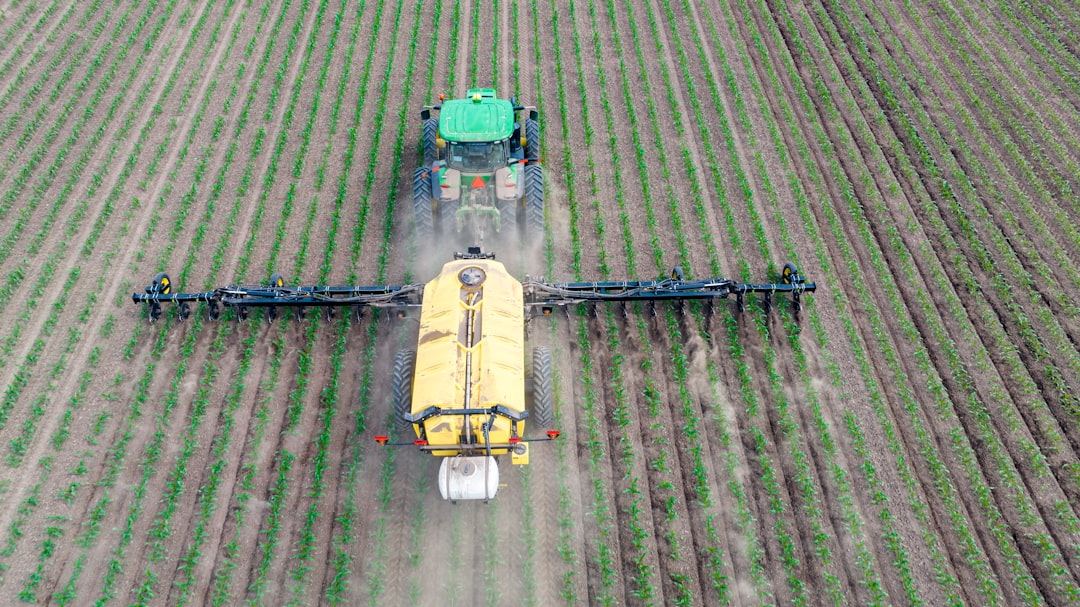What is it about?
This study belongs to the broad area of host-pathogen interactions, focusing on delineating the mechanisms of macrophage (host)-Leishmania (pathogen) interactions at the molecular level. Mononuclear phagocytic cells, macrophages, participate in innate immunity and are one of the first responders to recognize and destroy invading microbial pathogens using arsenals of antimicrobial effector mechanisms. Paradoxically, there are several protozoan organisms, including Leishmania, that target macrophages to establish infection. First, pathogens use tactics to enter these cells. Once inside, these pathogens must employ strategies to survive, grow and replicate within hostile and restrictive environments. Over the years, we have learned that Leishmania employs diverse strategies to establish infection in host macrophages. In this context, our previous research has shown that Leishmania regulates macrophage small non-coding RNAs (sncRNAs) to promote its survival. It is well recognized that sncRNAs use RNA interference (RNAi)-an evolutionary conserved fundamental biological phenomenon- to silence cognate protein-coding genes. Recently, we have shown that Leishmania regulates components of the RNAi pathway to promote its persistence inside macrophages. The current study, adding to the previous studies, biochemically characterizes the temporal proteome of RNA-induced silencing complex (RISC) -isolated from Leishmania-infected macrophages for the first time. Interestingly, Leishmania alters the host RISC's protein composition and provides its own proteins to host RISC. This could provide insight into understanding the regulation of macrophage RNAi by Leishmania.
Featured Image

Photo by National Institute of Allergy and Infectious Diseases on Unsplash
Why is it important?
Millions of human lives are lost annually to protozoan infection worldwide, most notably caused by Plasmodium, Trypanosoma and Leishmania spp. This research focuses on human leishmaniasis. Unfortunately, human leishmaniasis remains a major health problem in many regions of the world, caused by a protozoan parasite of the genus Leishmania. Macrophages are permissive host cells for Leishmania. According to recent estimates, around 350 million people in 98 countries are affected by leishmaniasis. Leishmaniasis is on the rise in endemic areas due to a lack of approved prophylactic human vaccines, drug resistance and a lack of interest among big pharmaceutical industries to develop new drugs against leishmaniasis. In addition, there is a real risk of leishmaniasis spreading to other areas of the world due to increased travel, globalization, changes in weather patterns, and war/conflicts in the endemic regions. Since existing treatments lack efficacy, and no approved vaccine exists for humans, new paradigms are needed. The interaction between macrophages and Leishmania is known to play a crucial role in Leishmania pathogenesis. Understanding host-pathogen interactions is the key to developing specific and novel diagnostic tools and designing preventive and therapeutic strategies. This research is focused on delineating the mechanisms of macrophage-Leishmania interactions at the molecular level. Small non-coding RNAs and associated RNA interference (RNAi) are now recognized as key players in many biological processes, including host-pathogen interactions. Evidence shows that several pathogens, including Leishmania, target host ncRNAs and RNAi to promote their survival. Characterization of RNA-inducing silencing complex, a key effector component of RNAi (RISC), from Leishmania-infected macrophages could provide insight into understanding the regulation of macrophage RNAi by Leishmania. Broadly, our results expand knowledge of RISC in the context of host-pathogen interactions in parasitology in general.
Perspectives
The approach used, and the results of the current study offer a starting point for further investigations into the biological consequences of Leishmania-mediated modulations of the host RISC composition. A deep understanding of cross-kingdom RNAi in the context of Leishmania infection could provide novel therapeutic strategies for managing and treating leishmaniasis.
Devki Nandan
University of British Columbia
Read the Original
This page is a summary of: Characterization of Argonaute-containing protein complexes in Leishmania-infected human macrophages, PLoS ONE, May 2024, PLOS,
DOI: 10.1371/journal.pone.0303686.
You can read the full text:
Contributors
The following have contributed to this page










